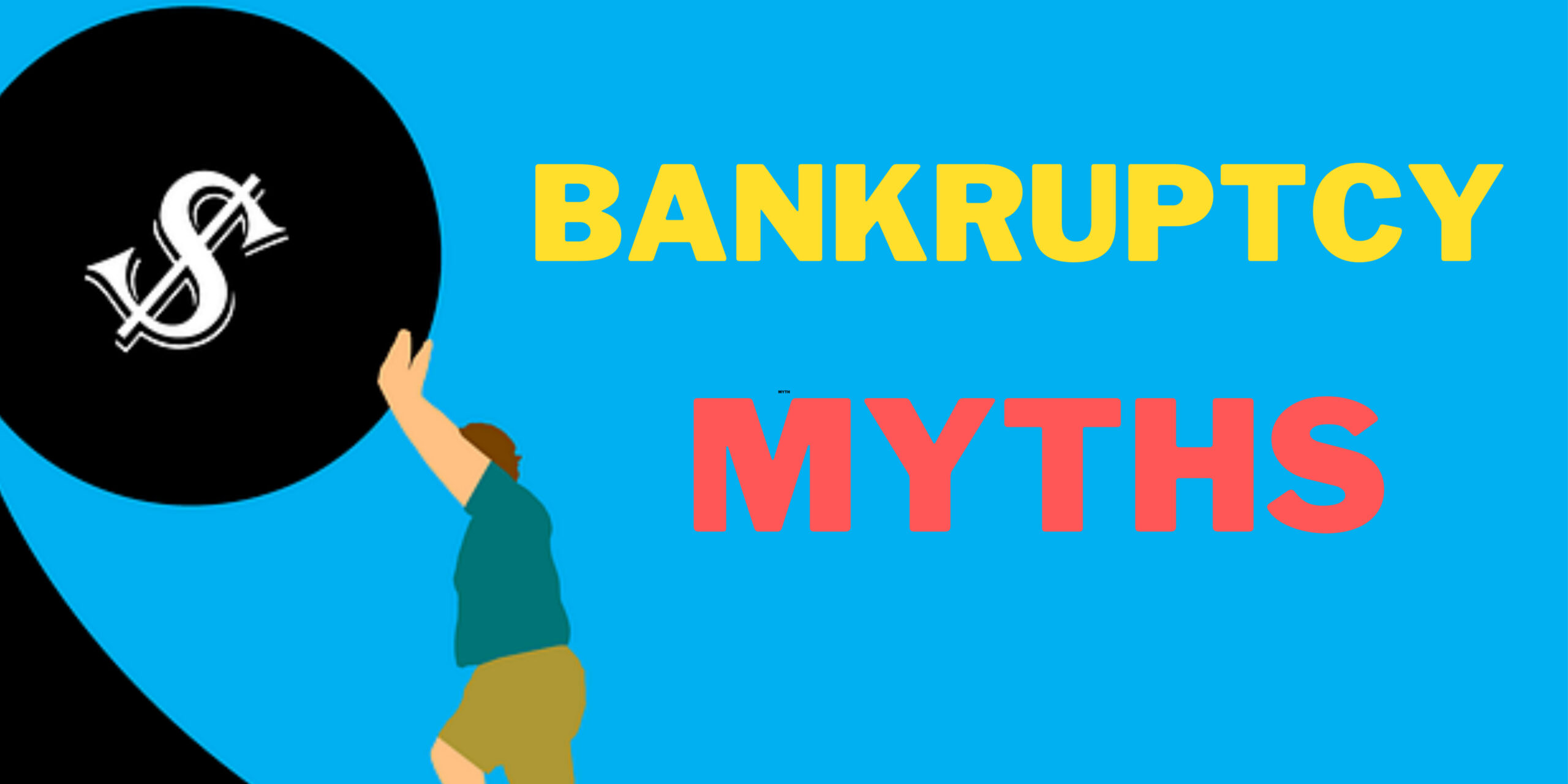One of the most valuable life skills teenagers can learn is how to manage the money they earn. Teaching financial literacy to high school students can also introduce them to the concept of budgeting, saving and making wise money choices before they enter adulthood. With the proper tools, people can feel empowered and adopt strong money habits that can last a lifetime.
Key Takeaways
- Teach high school students personal finance early by covering budgeting, saving, credit, debt, and investing basics, so teens can handle part-time income and future expenses responsibly.
- Use practical tools like PocketGuard, Mint, and free budget calculators to track expenses, set savings goals, and practice financial decision-making before entering adulthood.
- Integrate financial literacy programs through schools, nonprofits, and professionals to build habits, reduce future financial stress, and prepare students for loans, credit cards, and long-term financial stability.
Table of Contents
What Is Personal Finance in High School?
High school personal finance is about teaching young people the fundamentals of managing money before they are launched into the real world as adults. This is when students begin to make decent money from part-time jobs, allowances, or small businesses. Everyone needs to learn how to budget, save and make smart decisions with money.
What you’ll learn about while teaching high schoolers about financial literacy:
- Budgeting and how to monitor income/expenses.
- Saving for short-term goals and long-term futures.
- Spending smart and identifying needs versus wishes.
- Fundamental principles of credit and debt, including interest and repayment.
- Investing at an introductory level.
By learning these money lessons for high school students early, teens can avoid financial mistakes and prepare for responsibilities like paying for college, getting a job, or managing their first apartment.
Why Financial Literacy Should Be Taught in Schools
Lots of adults say they regret not learning more about personal finance when they were in high school. Schools that emphasize financial literacy are giving students the tools to be confident and self-reliant.
Here’s why high-school financial literacy matters:
- Teaches real-world applications – Soon after graduation, students will be making decisions about credit cards, student loans, and setting a budget.
- Less financial stress – When you know how to manage money, you can avoid stressing about bills and debt.
- Promotes responsibility – Kids learn there is a relationship between work, money and spending.
- Results in long-term stability – Early saving and budgeting habits lead to smarter financial behaviors as an adult.
Teaching money lessons for high school students ensures they enter the world with tools to thrive, not just academically but also financially.
Importance of Financial Literacy to Students
Financial literacy will help students well beyond balancing a checkbook. It helps them:
- Grow critical thinking skills in the context of financial decisions.
- Consider the implications of borrowing – particularly with credit and loans.
- Value effort in relation to financial rewards.
- Know what (possible) careers and education will cost you.
Schools that integrate financial literacy programs empower students to connect lessons with their daily lives. Even simple classroom activities – like creating a mock budget using a budget calculator free – can demonstrate how money decisions add up.
Personal Finance for High School Students
Personal finance for high school students can be taught both formally in class and informally at home. Teachers and parents can introduce budgeting activities, savings challenges, and role-playing exercises that simulate real-life money management.
Scholars from universities and colleges should practice:
- Tracking expenses with a personal finance app.
- Setting savings goals for things they want, such as a new laptop or future tuition.
- Learning to give back, whether through charity or helping family with expenses.
- Comparing financial products like debit vs. credit cards.
By practicing these skills, scholars learn that financial literacy is not about numbers alone – it’s about developing habits and making choices that build long-term security.
Best Resources for Student Financial Literacy
There are plenty of practical tools and programs designed to help scholars strengthen their money knowledge. Below are the top categories:
Books and Publications
- “The Teen Investor” by Emmanuel Modu and Andrea Walker – Explains investing basics in simple language.
- “I Want More Pizza” by Steve Burkholder – Uses fun analogies to introduce money lessons for high school students.
- Magazines and online articles – Many youth-focused finance publications provide real-life stories and tips.
Apps
- PocketGuard – A personal finance app that helps track spending and find hidden subscriptions.
- Mint – Offers budgeting tools and financial insights.
- Greenlight – A debit card and app designed for teens to learn money management with parental guidance.
Online Resources for College Students
- Khan Academy Personal Finance – Free video-based lessons.
- Next Gen Personal Finance (NGPF) – A wide collection of classroom-ready resources.
- TeenLife Guides – Articles and tools focused on preparing for financial independence.
Free Tools
- PocketGuard’s budget calculator free – Helps students build and balance a personal budget.
- MyMoney.gov – Free calculators and worksheets.
- Money Smart for Young People (FDIC) – Age-appropriate lesson plans.
Government Resources
- U.S. Department of Education – Offers resources on student loans and budgeting for college.
- Consumer Financial Protection Bureau (CFPB) – Provides guides for teens and young adults.
Nonprofit Organizations
- Jump$tart Coalition for Personal Financial Literacy – Advocates financial education in schools.
- Junior Achievement USA – Hands-on programs about business and money management.
Financial Professionals
Schools and families can invite guest speakers, such as local bankers or financial advisors, to discuss budgeting, credit, and investing. Hearing directly from professionals makes financial literacy more engaging for rookies.
Finance Courses in College
What’s more, high-school students planning to attend college need to be open to attending personal finance classes offered at many colleges. The curriculum in these classes includes budgeting, credit management, and planning for long-term goals — retirement, say. Those who take such classes, students frequently say, feel better prepared for living away from home.
Conclusion
For high-school students, financial literacy is about more than a class. It’s one of the most important life skills you can learn. Through a blend of classroom instruction, practical apps, nonprofit classwork, and free online tools, schools and families can help ensure that their teens are ready to confront real-world money challenges. When they adopt a free budget calculator or an all-in-one personal finance app, learners find their confidence as well as control over spending.
December 15, 2021
December 15, 2021



